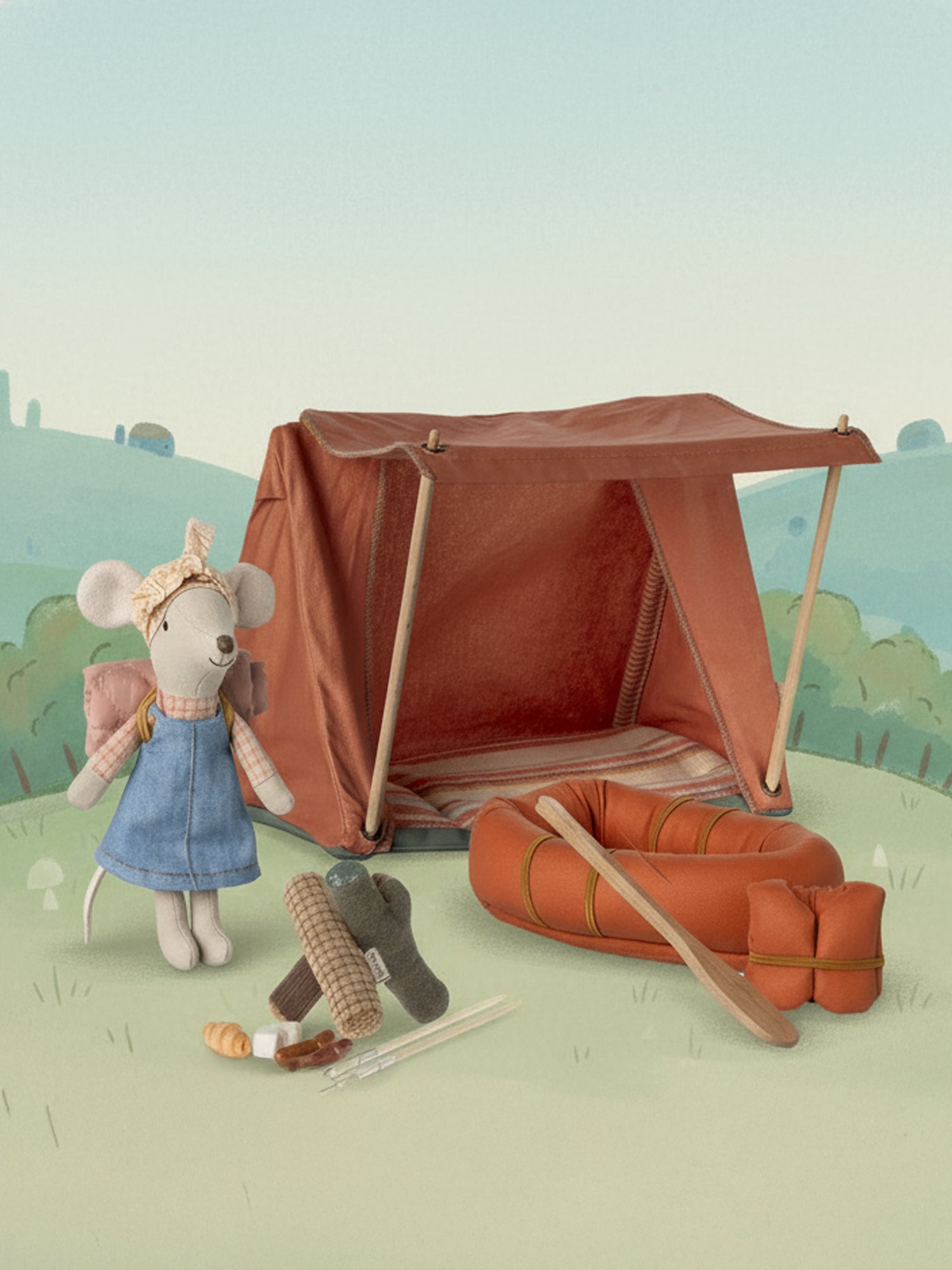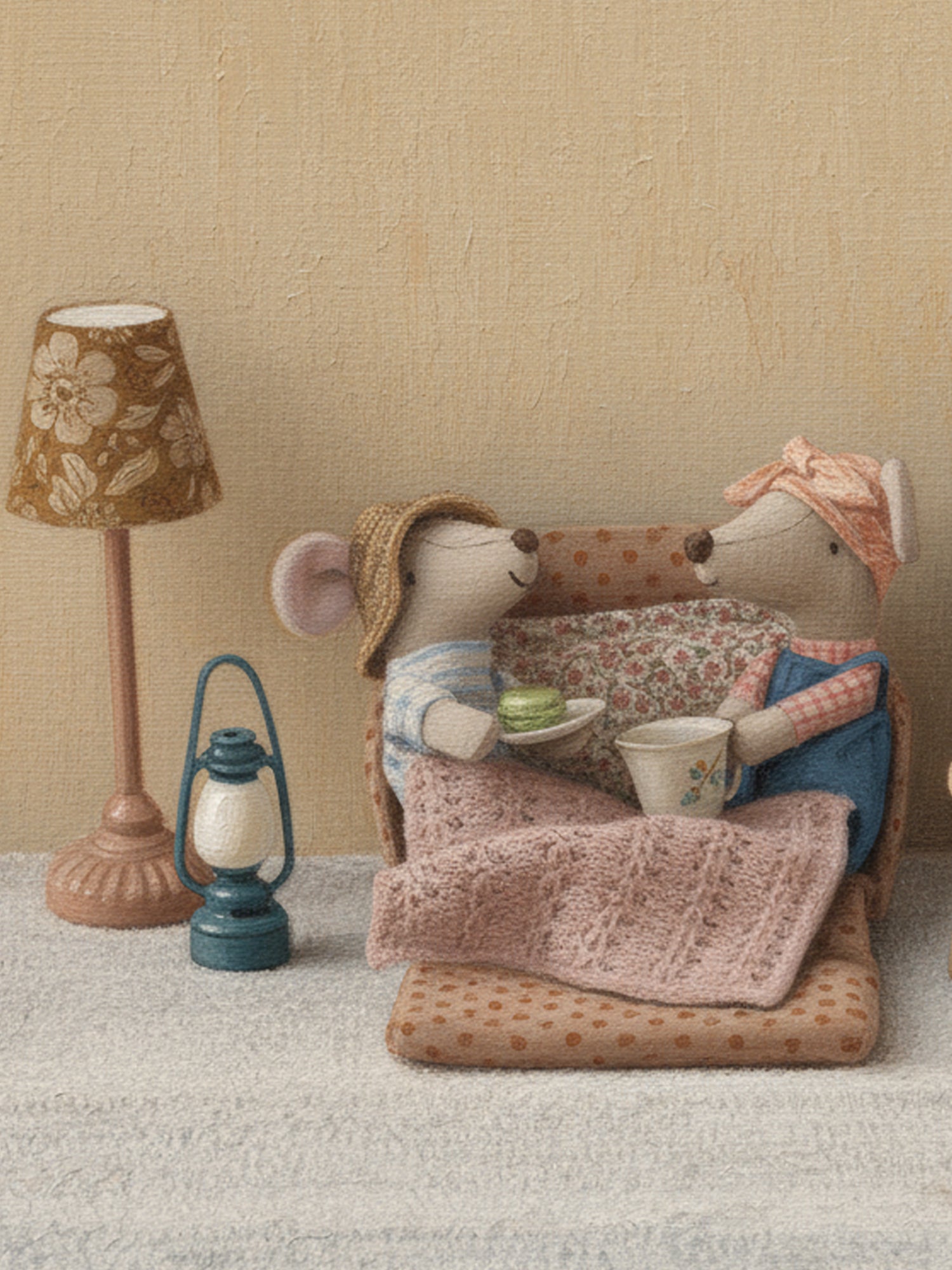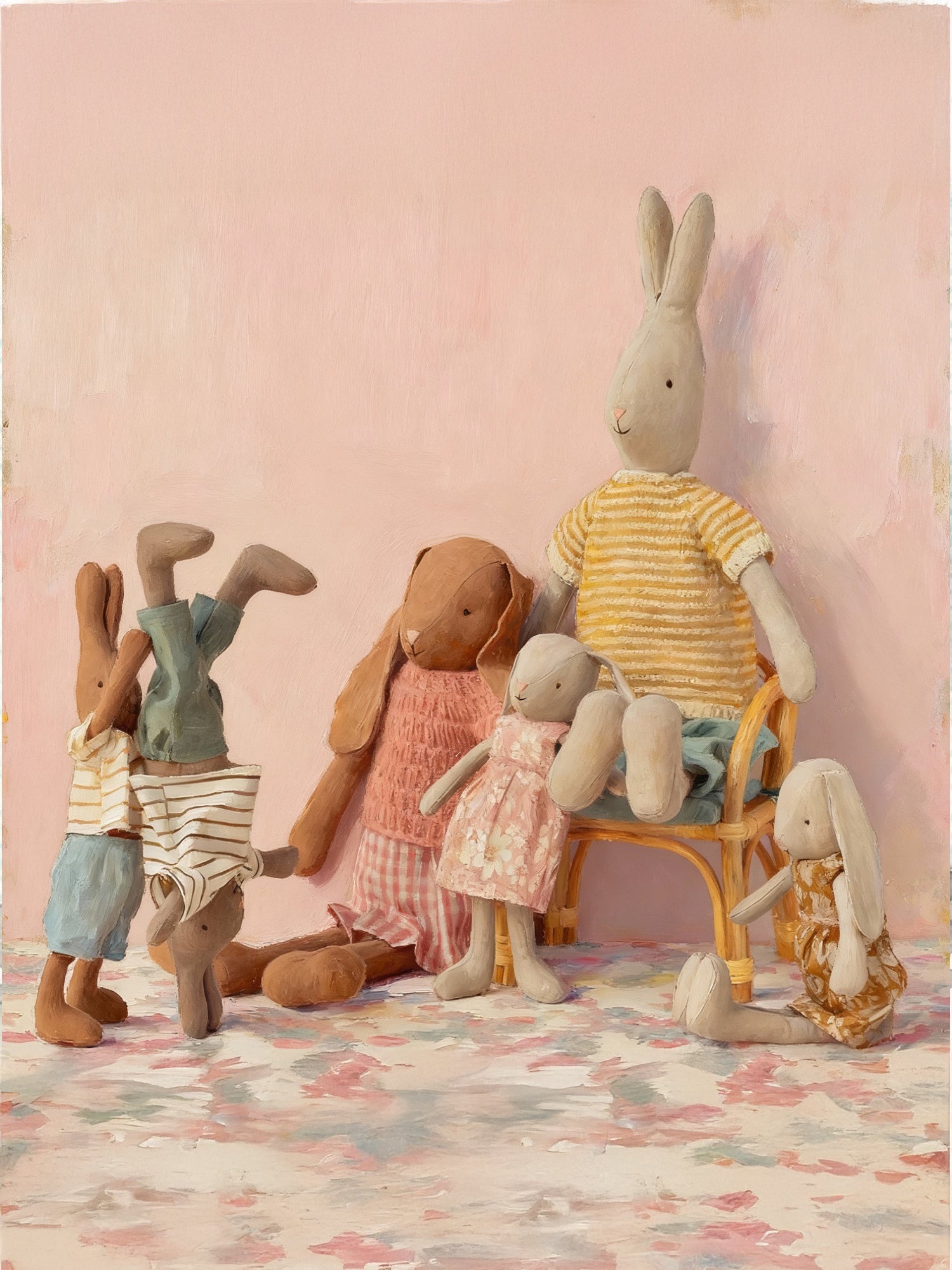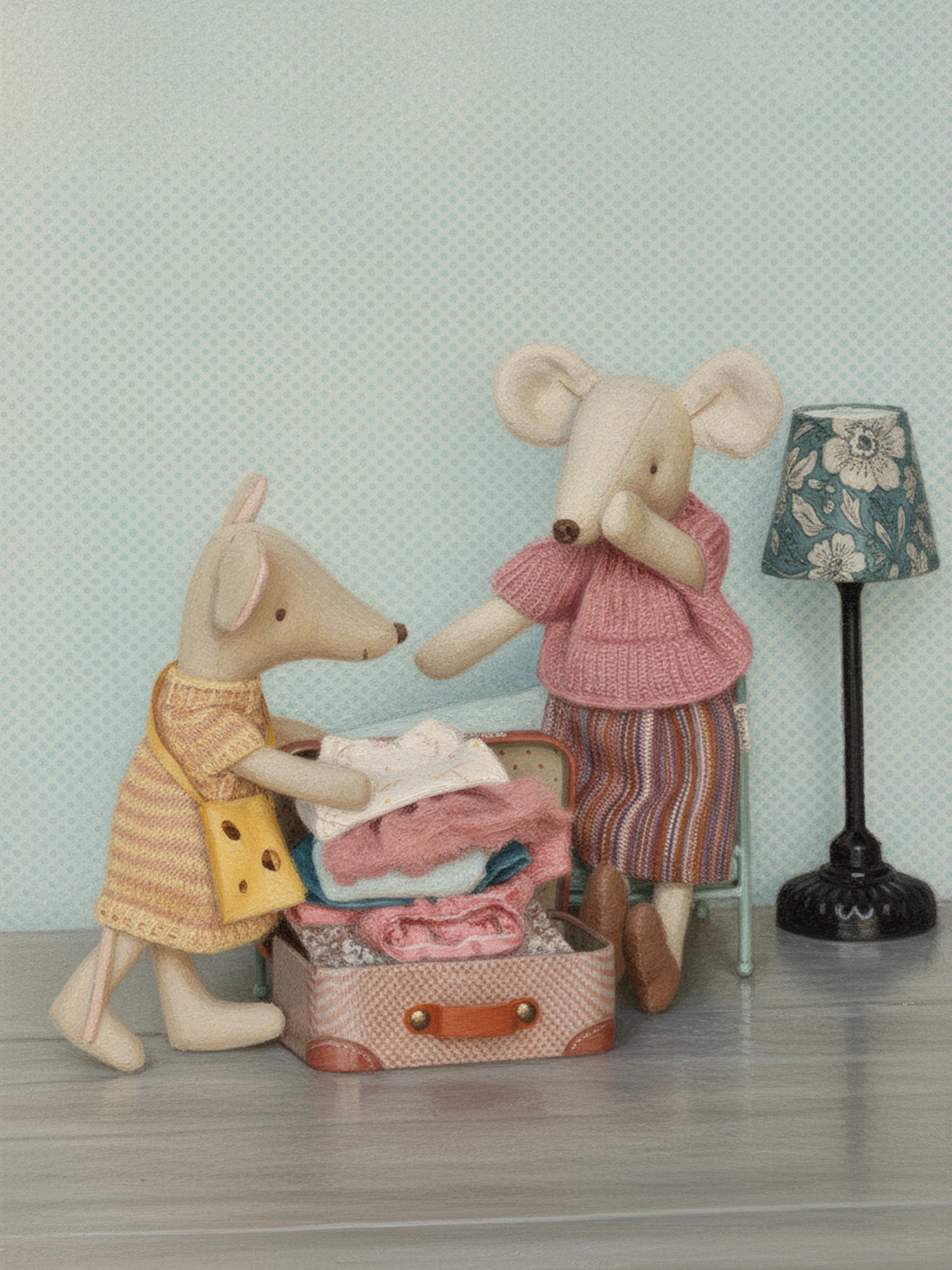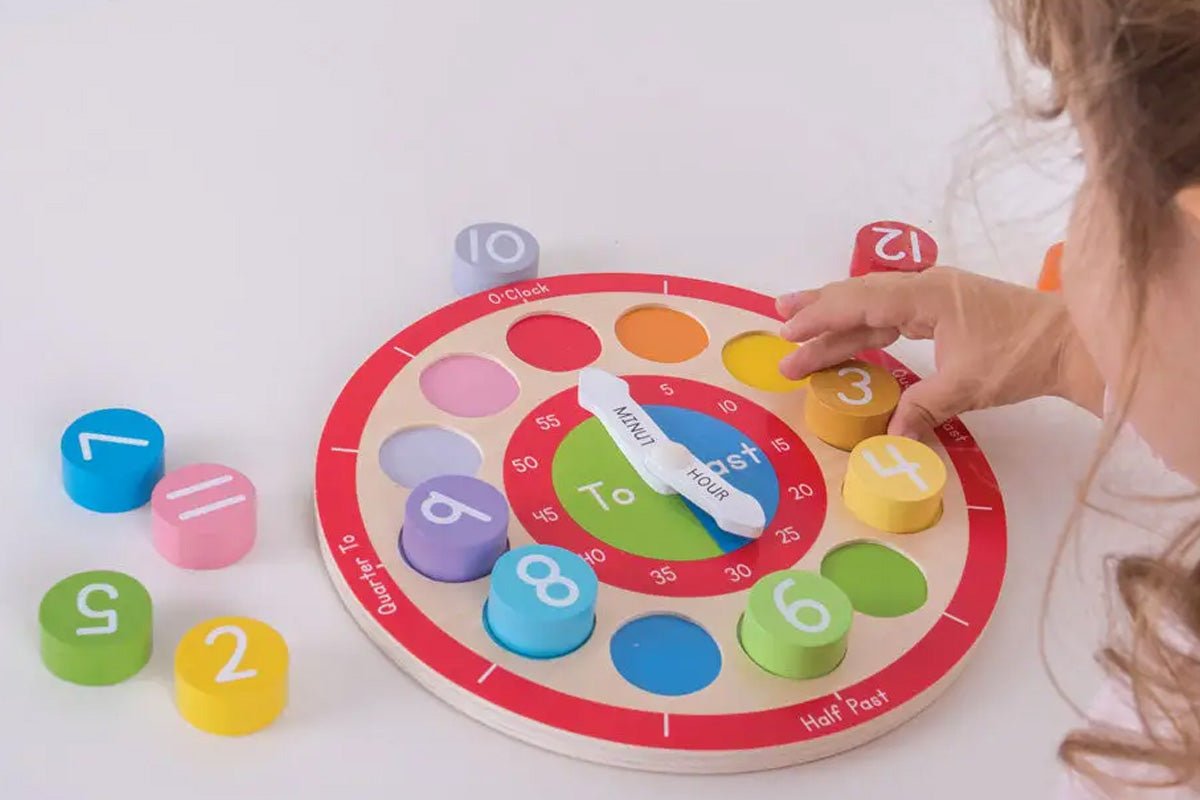Different toys can nurture different parts of a child's mind particularly between the ages of 3 and 7.
In this two-part blog, we’ve picked some of the best types of toys for each stage of your little one’s development, from rattles to railways…
0-6 months
Soft crinkly toys – Babies just adore the crunching sound that some toys can make and toys at this age should have plenty for them to grab and explore with their fingers, toes and mouth, like ribbon tags, handles and so on… anything with bright patterns, textures, crinkling or squeaking noises will hold their attention.
Rattles – Little ones love to make a noise and a soft rattle is perfect for teaching them to move their hands and grasp things, encouraging fine motor skills and pincer grip too.
6-12 months
Books – It’s never too early to start to read to your child and board books are brilliant for little ones, particularly as you can build them into your bedtime routine and use storytime for cuddles and milk. Reading is beneficial in so many ways and you can also teach them how to take care of things by not chewing them or putting them away when you’re done.
Balls – Throwing, rolling, chasing, biting, kicking… a ball has so many uses! It’s good to have a big, soft ball which they can hold with two hands and crawl after as well as balls that you can hold with one hand to encourage dexterity.
You might like: Farm Tails Book
1-2 years
Balls – We don’t want to cheat but balls really do suit children of all ages! They’re the basis for so many games and it’s great to have a few in different sizes, weights and textures if you can so they can practise and learn to bounce, throw and catch.
Shape sorters – These promote hand-to-eye coordination as well as problem-solving skills and children love bright colours and fun shapes. Sorters also help them recognise shapes and colours, boost finger dexterity and help with memory recall… every child should have one.
2-3 years
Puzzles – Like shape sorting toys, simple puzzles can help little ones to gain great hand-eye co-ordination and problem-solving skills by learning to place the correct piece in the correct slot. When they play with puzzles, children learn to work directly with their environment and change its shape and appearance, meaning a great workout for their little brains.
Toy vehicles - Whether it’s a train set or a toy fire engine, playing with vehicles improves hand dexterity, teaches about cause and effect and opens up a world of possibilities for imaginative play.
A simple train set is a wonderful toy as it’s not too overwhelming yet allows them to experience building tracks and driving the train.
3-4 years
Dolls – This is a good time for little ones to learn about caring and kindness so a doll or a toy animal can help with them understanding how to take care of people or animals. A baby doll can definitely help to encourage nurturing but equally, a farm set can show a child how to look after creatures by feeding them. Stuffed animals and dolls are good tools for helping young children express emotions
and empathy as well as role playing.
Threading – Toys which thread items onto a string are excellent for encouraging motor skills as threading beads onto string is a milestone development for young children. Threading, stringing and lacing all help to promote dexterity and fine motor skills as well as stimulating their brains.
We’ll share part two next week

